Thinking About Renting Your House Instead of Selling? Read This First.
If your house is on the market but you haven’t gotten any offers you’re comfortable with, you may be wondering: what do I do if it doesn’t sell? And for a growing number of homeowners, that’s turning into a new dilemma: should I just rent it instead?
There’s a term for this in the industry, and it’s called an accidental landlord. Here’s how Yahoo Finance defines it:
“These ‘accidental landlords’ are homeowners who tried to sell but couldn’t fetch the price they wanted — and instead have decided to rent out their homes until conditions improve.”
Why This Is Happening More Often Right Now
And right now, the number of homeowners turning into accidental landlords is rising. Business Insider explains why:
“While there have always been accidental landlords . . . an era of middling home sales brought on by a steep rise in borrowing rates — is minting a new wave of reluctant rental owners.”
Basically, sales have slowed down as buyers struggle with today’s affordability challenges, leaving some listings to sit and go stale. If homeowners don’t want to lower their price, renting may seem like the next best move.
But here's what you need to remember—becoming a landlord wasn’t your original plan, and there's a good reason for that. It comes with far more responsibility (and risk) than most expect.
So if you’re seriously considering renting instead of selling, ask yourself these questions first:
1. Does Your House Have Potential as a Profitable Rental?
Just because you can rent it doesn’t mean you should. Consider:
🔹 Are you moving out of state? Managing maintenance from afar isn’t easy.
🔹 Does the home need repairs before it’s rental-ready? Do you have the time or funds for that?
🔹 Does your neighborhood usually attract renters, and could your home be profitable as one?
If any of these give you pause, it may be a sign that selling remains the better option.
2. Are You Ready to Be a Landlord?
On paper, renting sounds like easy passive income. In reality, it often includes:
🔹 Midnight calls about clogged toilets or broken air conditioners
🔹 Chasing down missed rent payments
🔹 Damage you’ll have to repair between tenants
As Redfin puts it:
“Landlords have to fix things like broken pipes, defunct HVAC systems, and structural damage, among other essential repairs. If you don’t have a few thousand dollars on hand to take care of these repairs, you could end up in a bind.”
3. Have You Thought Through the True Costs?
Bankrate highlights several hidden costs of renting out your home:
🔹 A higher insurance premium (landlord insurance typically costs about 25% more)
🔹 Management fees (if you hire a property manager, they typically charge around 10% of the rent)
🔹 Maintenance and advertising to find tenants
🔹 Gaps between tenants where you cover the mortgage without rental income coming in
All of that can add up—fast.
While renting can be smart for the right person with the right property, if you're only considering it because your listing didn’t get traction, there may be a better solution: talk to your current agent and revisit your pricing strategy.
With their guidance, you can rework your approach, relaunch at the right price, and attract real buyers to make the sale happen.
Bottom Line
Before committing to renting your house, take the time to weigh the pros and cons of becoming a landlord. For many homeowners, the hassle, responsibility, and expense simply may not be worth it.
There’s a term for this in the industry, and it’s called an accidental landlord. Here’s how Yahoo Finance defines it:
“These ‘accidental landlords’ are homeowners who tried to sell but couldn’t fetch the price they wanted — and instead have decided to rent out their homes until conditions improve.”
Why This Is Happening More Often Right Now
And right now, the number of homeowners turning into accidental landlords is rising. Business Insider explains why:
“While there have always been accidental landlords . . . an era of middling home sales brought on by a steep rise in borrowing rates — is minting a new wave of reluctant rental owners.”
Basically, sales have slowed down as buyers struggle with today’s affordability challenges, leaving some listings to sit and go stale. If homeowners don’t want to lower their price, renting may seem like the next best move.
But here's what you need to remember—becoming a landlord wasn’t your original plan, and there's a good reason for that. It comes with far more responsibility (and risk) than most expect.
So if you’re seriously considering renting instead of selling, ask yourself these questions first:
1. Does Your House Have Potential as a Profitable Rental?
Just because you can rent it doesn’t mean you should. Consider:
🔹 Are you moving out of state? Managing maintenance from afar isn’t easy.
🔹 Does the home need repairs before it’s rental-ready? Do you have the time or funds for that?
🔹 Does your neighborhood usually attract renters, and could your home be profitable as one?
If any of these give you pause, it may be a sign that selling remains the better option.
2. Are You Ready to Be a Landlord?
On paper, renting sounds like easy passive income. In reality, it often includes:
🔹 Midnight calls about clogged toilets or broken air conditioners
🔹 Chasing down missed rent payments
🔹 Damage you’ll have to repair between tenants
As Redfin puts it:
“Landlords have to fix things like broken pipes, defunct HVAC systems, and structural damage, among other essential repairs. If you don’t have a few thousand dollars on hand to take care of these repairs, you could end up in a bind.”
3. Have You Thought Through the True Costs?
Bankrate highlights several hidden costs of renting out your home:
🔹 A higher insurance premium (landlord insurance typically costs about 25% more)
🔹 Management fees (if you hire a property manager, they typically charge around 10% of the rent)
🔹 Maintenance and advertising to find tenants
🔹 Gaps between tenants where you cover the mortgage without rental income coming in
All of that can add up—fast.
While renting can be smart for the right person with the right property, if you're only considering it because your listing didn’t get traction, there may be a better solution: talk to your current agent and revisit your pricing strategy.
With their guidance, you can rework your approach, relaunch at the right price, and attract real buyers to make the sale happen.
Bottom Line
Before committing to renting your house, take the time to weigh the pros and cons of becoming a landlord. For many homeowners, the hassle, responsibility, and expense simply may not be worth it.
Recent Posts
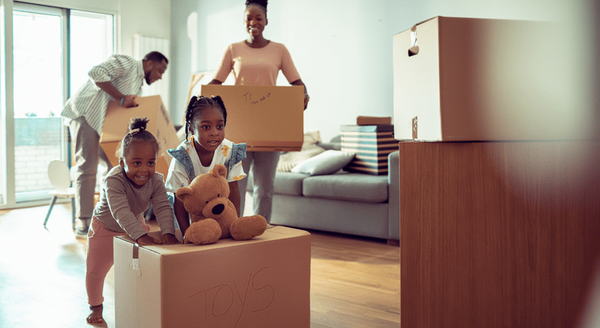
Why More Homeowners Are Giving Up Their Low Mortgage Rate

The 3 Housing Market Questions Coming Up at Every Gathering This Season
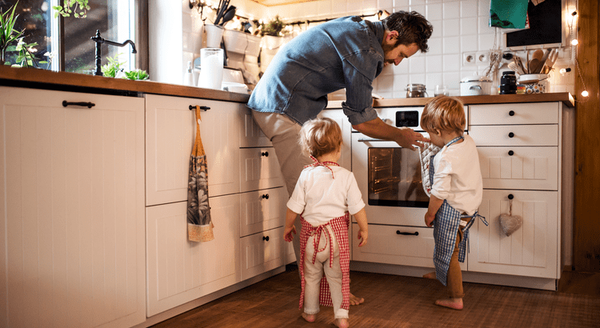
Why So Many People Are Thankful They Bought a Home This Year
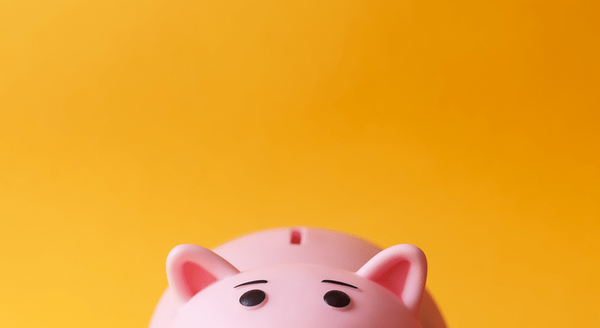
Why Buying a Home Still Pays Off in the Long Run
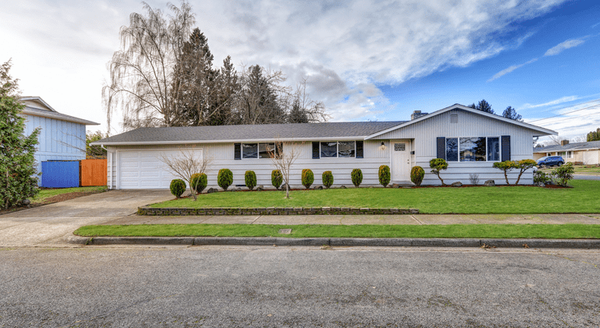
How To Find the Best Deal Possible on a Home Right Now
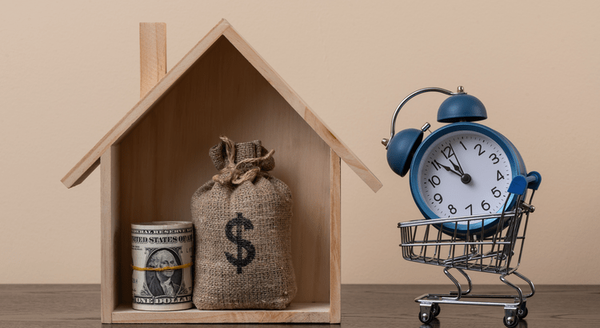
The Top 2 Things Homeowners Need To Know Before Selling
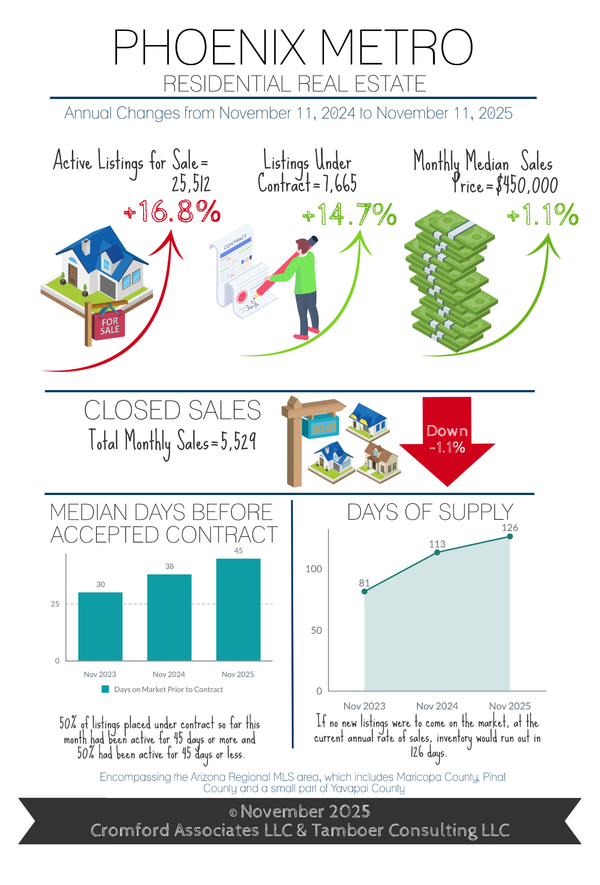
Best Q4 for Contract Activity in 3 Years for Greater Phoenix | First-Time Homebuyer Payments are Down 13%-15%

The VA Home Loan Advantage: What Every Veteran Should Know Right Now

Why Your Home Equity Still Puts You Way Ahead
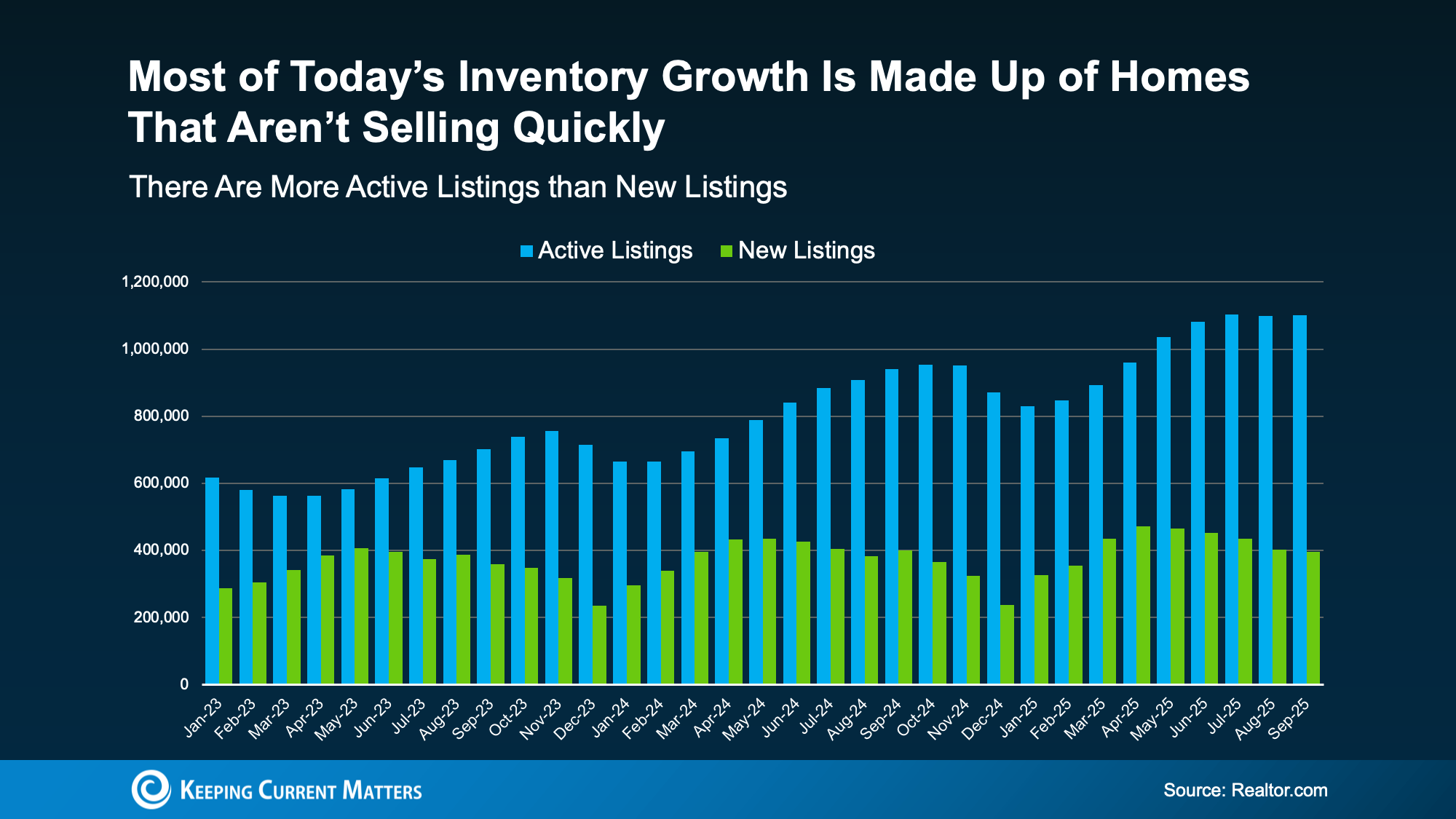
Why Some Homes Sell Quickly – and Others Don’t Sell at All

